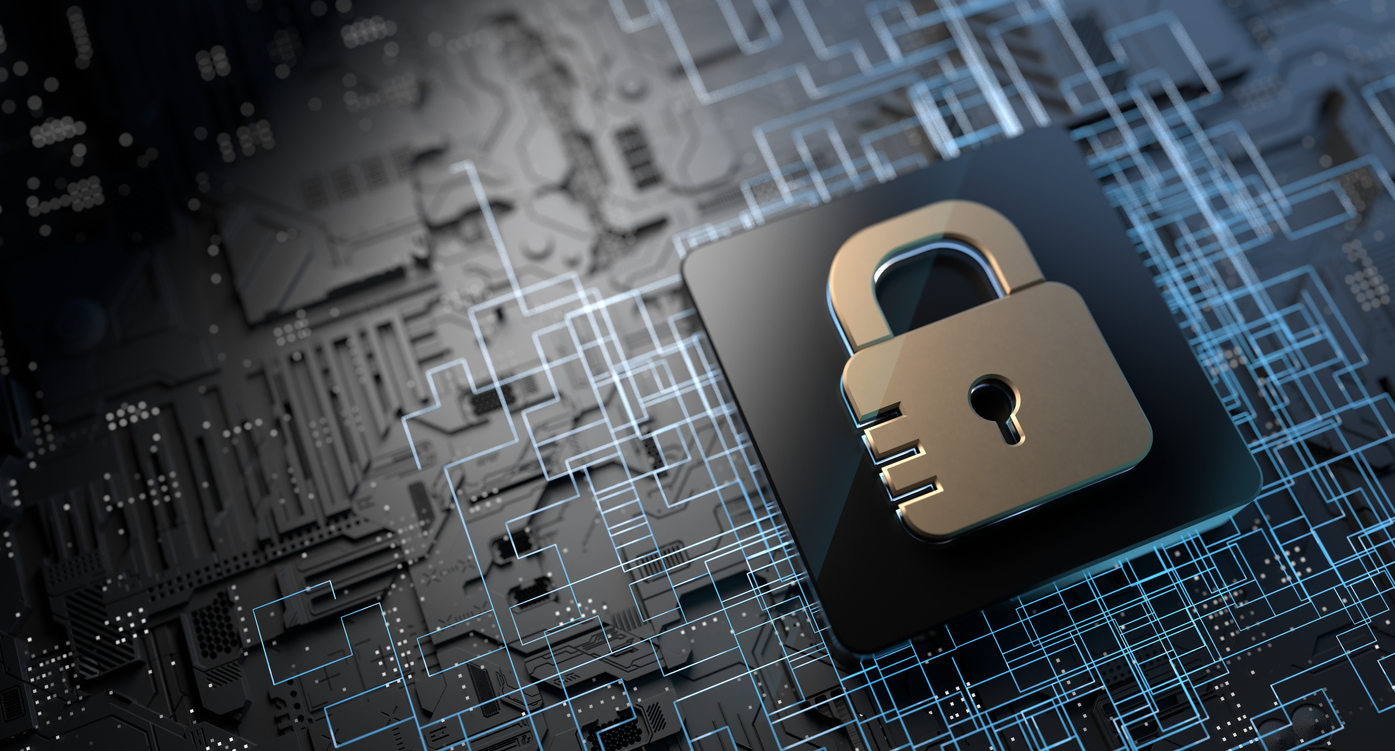Small businesses are just as likely to be targeted by cybercriminals as larger corporations. In fact, their smaller budgets and less sophisticated security measures make them more prone to breaches, data theft, and cyber-attacks. This is why getting cyber liability insurance is so essential, regardless of the size of the enterprise.
One of the benefits of the internet age is how it has enabled businesses of all sizes around the world reach wider audiences than ever before. In many ways, the advent of more advanced and more accessible computer hardware and software places smaller firms on the same playing field as larger companies.
Unfortunately, this has also increased the risk of being victimized by cybercrime. As more and more companies adopt technologies such as cloud computing and e-commerce, there is an increased need to guard against attacks from unscrupulous organizations and individuals.
It is especially important to implement measures that protect a company’s digital assets and databases. As digital payments take over an increasingly larger portion of the market previously dominated by credit card transactions, the need for more robust cybersecurity measures is even more apparent.
Strategies for enhancing the cybersecurity of a small business
Here are some ways by which you can boost your cybersecurity and protect your small business from falling prey to cyber theft:
- Implement staff education and training
You need to educate your employees on current cybersecurity practices and protocols. There should be a definitive company policy involving the use of passwords and websites, whether the company’s own or a third-party’s. It is also necessary to establish guidelines for handling and protecting customer data and company information.
- Enhance the security of your information networks
Your computers serve a crucial role in keeping cyber-attacks at bay. Always keep your business computers updated with the latest software, including a reputable antivirus application, current web browsers, and the most recent operating systems. Doing so will reduce the risk of unauthorized data access, cyber theft, and other intrusions.
- Install a firewall
Installing a firewall for your business computer network is essential. These consist of programs that prevent unauthorized parties from gaining access to your data and information. Most operating systems have built-in firewalls, but you could also install a more robust commercial firewall for added protection. If you have employees that work from home, make sure that they have the necessary protection on their home computers as well.
- Implement security measures for mobile devices
Your staff’s mobile devices are just as prone to cyber-attacks as your office computers. If these devices have access to the company network or are used to store sensitive information, it is doubly important to ensure that they have the necessary protection. All devices used for official company business should have password protection, data encryption, and the most up-to-date security applications. Don’t forget to implement protocols for dealing with lost or stolen devices as well.
- Restrict employee access to sensitive company information
Not all your personnel need access to all the company’s sensitive data and information all the time. It is generally best to restrict access to a few trusted employees, some of whom may also be in charge of installing software.
Conversely, it probably isn’t as good idea to limit access to the company’s data and information to only one employee. Entrusting two or three senior staff members with these assets will ensure that you always have access to them when necessary.
- Backup business data and information
Your data and information are only useful to you if you have access to them. Implement a system for backing up and archiving your company’s data and digital assets regularly, so you have something to fall back on if anything is lost, stolen, or otherwise becomes irretrievable. It would also be a good idea to keep more than one set of backups and to keep them all in different physical locations on- and off-site
- Exercise caution with payment cards
Finally, make sure that your payment cards are subject to the same strict security measures. Consult with your banks or payment processors to make sure that only the most secure tools and systems are used for processing payments. It would also be best to have dedicated payment systems separate from your office computers and to avoid using them for internet-related activities.
The importance of implementing more reliable cybersecurity measures cannot be overstated. Nowadays, digital theft is the most common form of fraud, overtaking physical theft in volume and severity. By following the tips outlined above, you can hopefully protect your small business from the losses and damage caused by such incidents.




